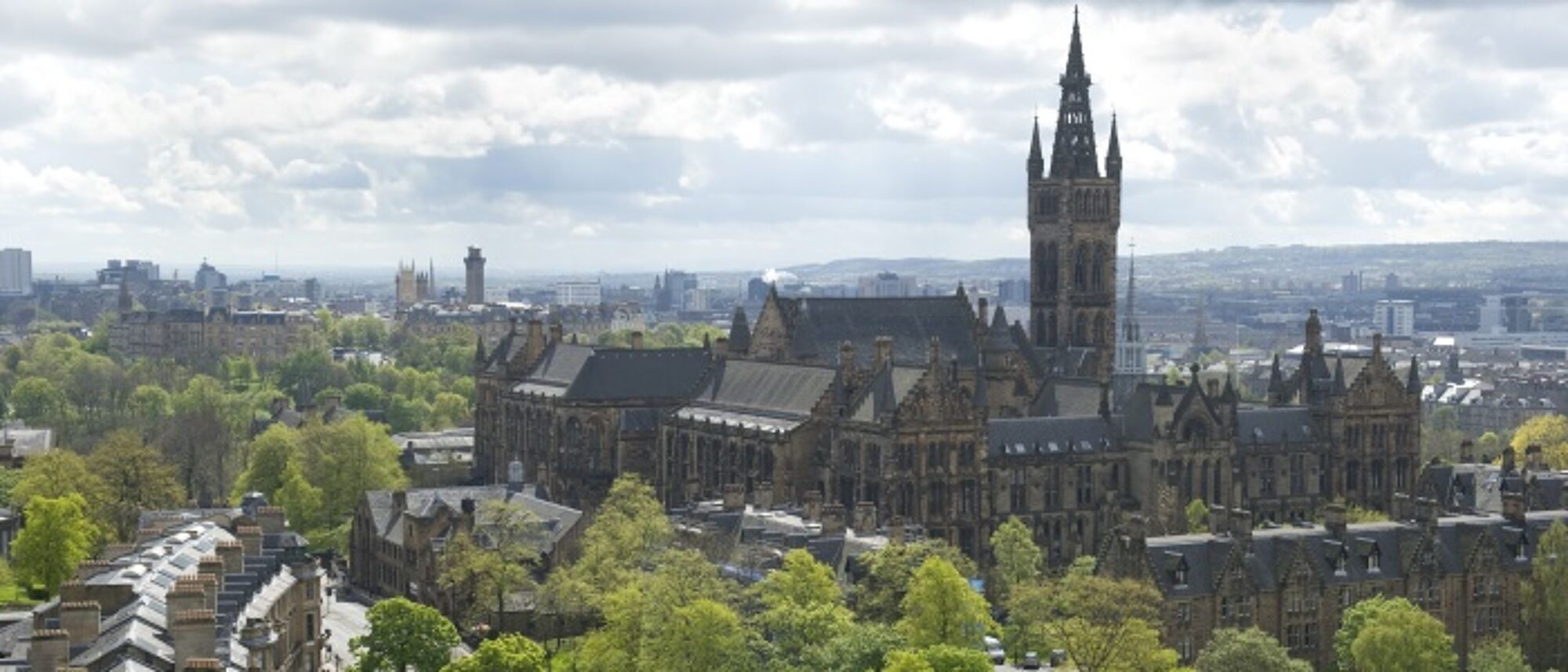
Scots and English in Scotland
Glasgow has a claim to being the leading institution in the UK for the study of Scots and English in Scotland. Many colleagues work on topics in this area, making links between the study of Scots (and Scottish English) and our Modern and Historical English Language clusters, e.g. work on the sociolinguistic study of Scottish dialects. Research in Scots and English in Scotland also includes work on the handling of these varieties in literature, on historical pragmatics with reference to Scottish texts, on documents and letters in Scots and Scottish English, on Scottish book history, on the grammar and accents of modern Scots and Scottish English, on the history of the lexicon and of lexicography, on Scottish place-names, and on the use of corpora for research into Scottish language. There are important synergies with the Centre for Scottish and Celtic Studies, and with School research into Scottish literature, e.g. through the Centre for Robert Burns Studies.
Major AHRC-/ESRC-funded projects are a feature of this cluster, e.g. the Scottish Toponymy in Transition project (in collaboration with Celtic and Gaelic); corpus projects such as the Corpus of Modern Scottish Writing (CMSW) and the Scottish Corpora of Texts and Speech (SCOTS); and Stability versus Change in a Shetland Dialect. New ventures include a pilot Historical Thesaurus of Scots, in collaboration with Scottish Language Dictionaries Ltd and funded by an AHRC ‘big data’ award, and the ESRC-funded One Speaker, Two Dialects project.
New ventures include a pilot Historical Thesaurus of Scots, in collaboration with Scottish Language Dictionaries Ltd and funded by an AHRC ‘big data’ award, the ESRC-funded One Speaker, Two Dialects project, and the AHRC-funded Scots Syntax Atlas (SCOSYA) project, which aims to map syntactic variation across dialects of Scots to address questions about the nature of variation and the theory of grammar.
Centre for Scottish and Celtic Studies
Centre for Robert Burns Studies
Glasgow Digital Humanities
Corpus of Modern Scottish Writing, 1700-1945
Editing Robert Burns for the Twenty-First Century
Enroller
Is Television a Contributory Factor in Accent Change in Adolescents?
Mapping Metaphor
Rhythms in Scotland
Scots Syntax Atlas project
Scots Words and Place-names
Scottish Toponymy in Transition
Scottish Corpus of Texts and Speech (SCOTS)
Stability versus change in a Shetland dialect
Sounds of the City
Textual Afterlives
Timing in Accents of English
Association of Scottish Literary Studies
Dictionary of the Scots Language
Scottish Text Society

